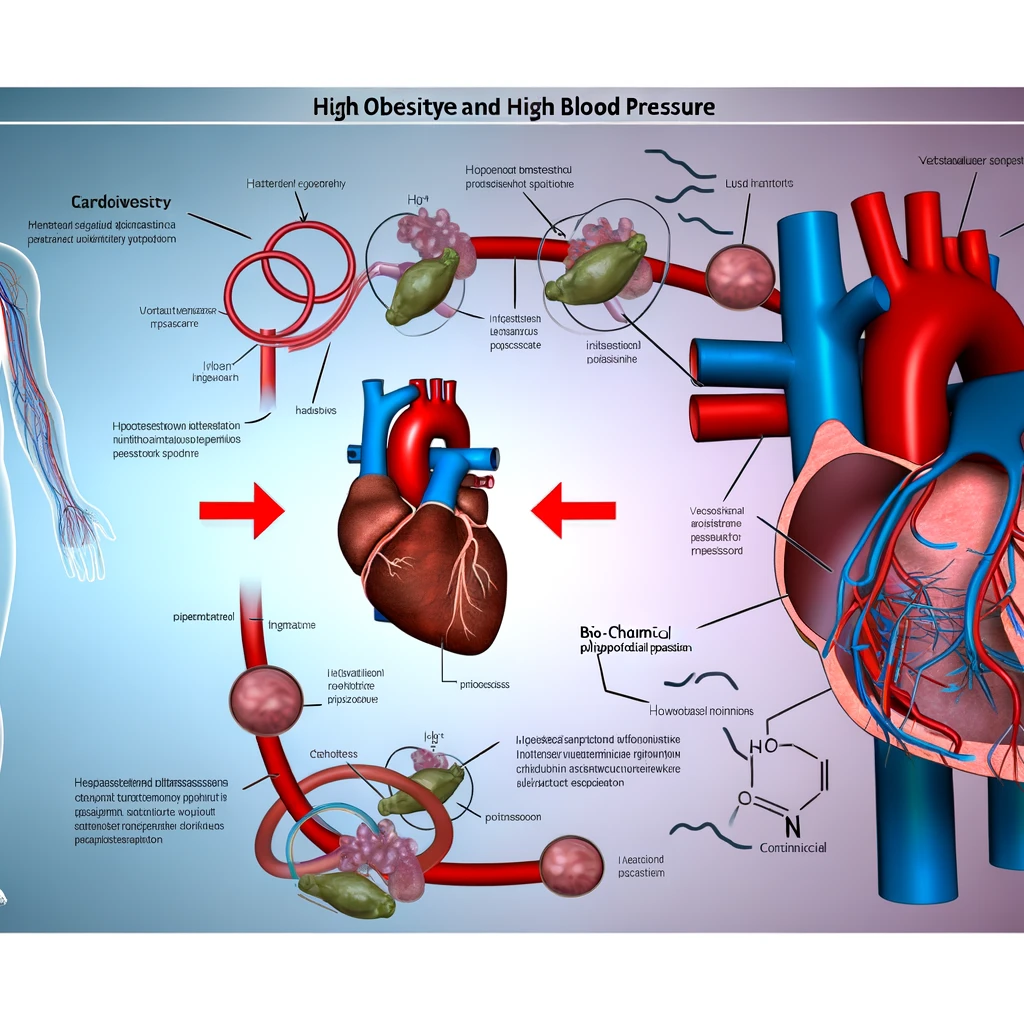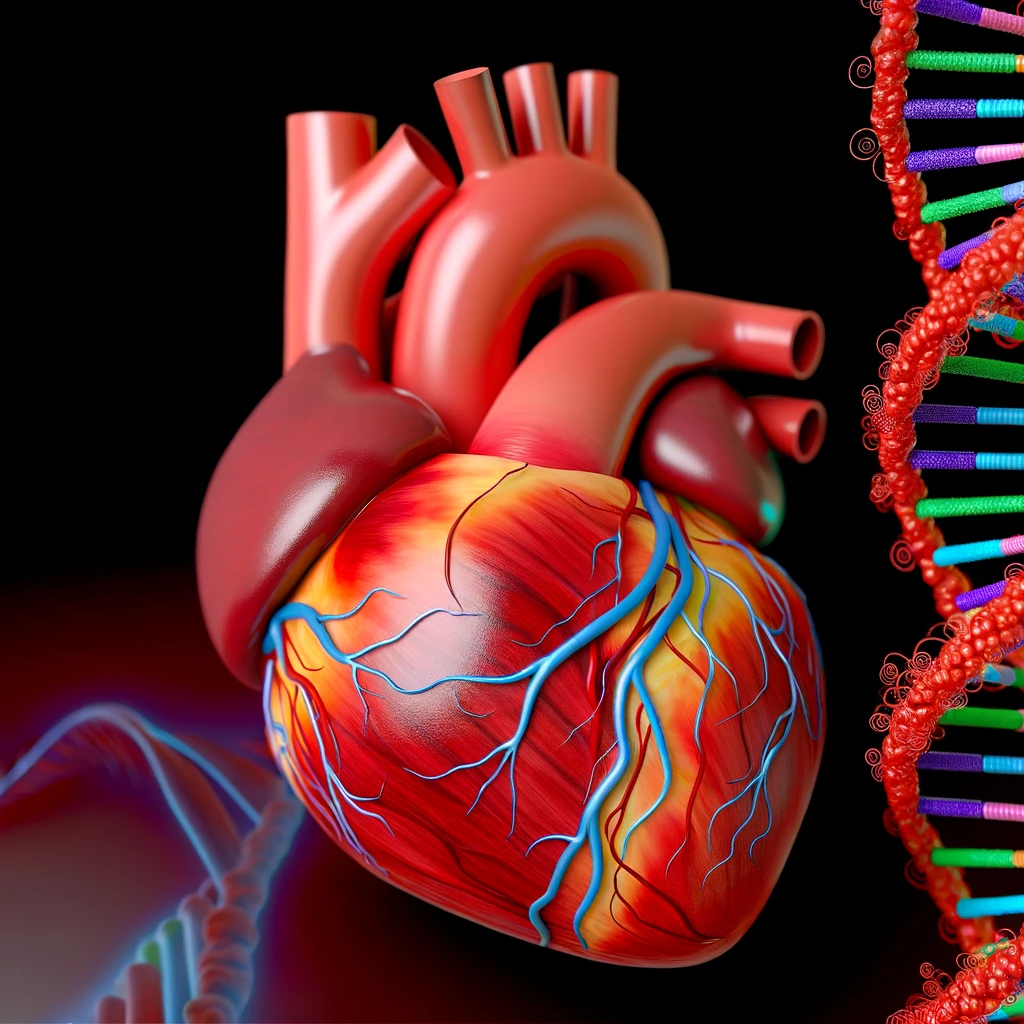Related Articles









High blood pressure, or hypertension, affects millions of individuals worldwide and is a significant risk factor for heart disease and stroke. Managing this condition often involves the use of medications designed to lower blood pressure levels. However, with a variety of medications available, determining the most effective option can be challenging.
Blood pressure medications, also known as antihypertensives, are categorized into several classes, each working through different mechanisms to achieve blood pressure reduction. The most commonly prescribed classes include:
Choosing the right medication often depends on individual health profiles, including age, ethnicity, and the presence of other medical conditions. For instance, older adults may respond better to diuretics and calcium channel blockers, while younger patients might benefit from ACE inhibitors or ARBs.
Each class of medication may present specific side effects. Diuretics can lead to increased urination and potential electrolyte imbalances. Beta-blockers might cause fatigue or depression, while ACE inhibitors are known for causing a persistent dry cough. It's crucial for healthcare providers to consider these factors when prescribing medications to ensure patient compliance and optimize outcomes.
Several studies have compared the effectiveness of these medications in managing hypertension. A landmark study, the ALLHAT trial, suggested that thiazide-type diuretics are particularly effective as a first-step therapy for most patients. However, individual responses can vary significantly, and some patients may require a combination of medications to achieve optimal blood pressure control.
In recent years, new antihypertensive drugs have emerged, offering additional options for patients and healthcare providers. These include direct renin inhibitors and novel combination therapies that target multiple pathways in blood pressure regulation. Ongoing research continues to explore these options, aiming to enhance efficacy and minimize side effects.
Effectively managing high blood pressure is crucial for preventing cardiovascular complications. While numerous medications are available, the choice should be personalized, taking into account the patient's health status, potential side effects, and lifestyle factors. Continuous collaboration between patients and healthcare providers is essential for achieving the best outcomes in hypertension management.
Ultimately, understanding the various classes of blood pressure medications, their mechanisms, and their implications can empower patients to make informed decisions about their treatment plans.